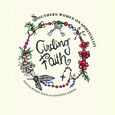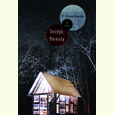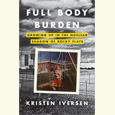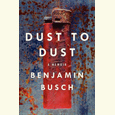Sacred Harmony
July 6, 2012 In Circling Faith: Southern Women on Spirituality, editors Wendy Reed and Jennifer Horne weave the voices of seventeen very different women into a complex meditation on spiritual beliefs and practices. Together, the essays examine what it means for a woman to question, reject, seek, find, lose, keep, live, and grow into (and out of) her faith over the course of a lifetime. As Reed and Horne explain, “With this book we are hoping to inspire conversation and encourage vulnerability, to challenge memory, to up the volume.” Three Circling Faith: Southern Women on Spirituality contributors—Marilou Awaikta, Susan Cushman, and Beth Ann Fennelly—will read from their essays and sign copies of the collection at Burke’s Book Store in Memphis on July 12 at 5 p.m.



